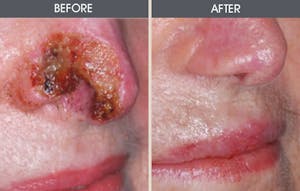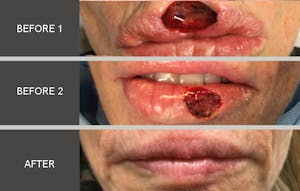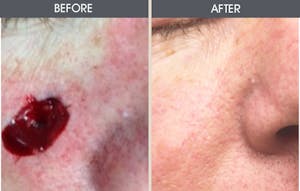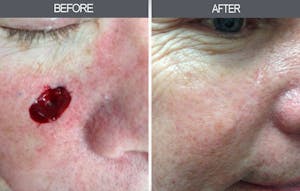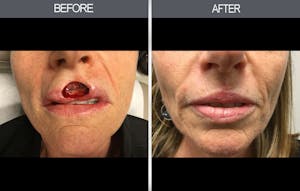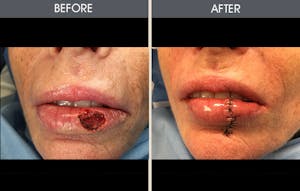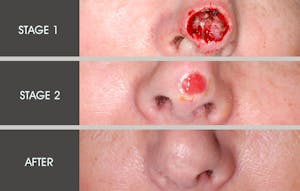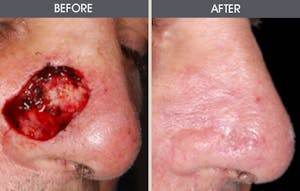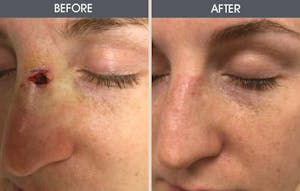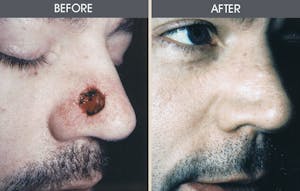
Due to his groundbreaking research on the effects of sun, stress, and smoking on the aging process in identical twins, he is an expert on the damaging effects that excessive sun can have on the skin. His private, state-of-the-art facility, as well as his high level of personalized care, has resulted in celebrities, politicians, and discerning patients who demand private and professional care seeking his services for their skin cancer treatment in NYC.
What is skin cancer?
Skin cancer is a condition in which the skin cells begin to multiply uncontrollably, causing visible and often painful lesions that can be fatal if not diagnosed and treated as soon as possible. This type of cancer occurs as a result of damage to the DNA of the skin, resulting in mutations as the cells reproduce. Although skin cancer is most common in skin that is often exposed to sunlight, such as the face, neck, and hands, it can occur anywhere on the body.
There are three common types of skin cancer:
How can I prevent my skin cancer from recurring?
You can limit the risk of further skin cancer growths by:
- Avoiding prolonged exposure to the sun, especially between 10 AM and 4PM and during the summer months
- Wearing protective clothing such as wide-brimmed hats and long sleeves when you know you will be out in the sun
- Using a broad-spectrum sunscreen with an SPF of at least 15 every day
- Using a water-resistant, broad-spectrum sunscreen with an SPF of at least 30 when participating in extended outdoor activities
- Applying sunscreen liberally 30 minutes before going outside and re-applying it every two hours and after swimming or sweating
- Examining your skin regularly for changes and new growths and seeing a physician at least once a year for a professional skin exam
- Contacting a qualified doctor, such as Dr. Antell, immediately if you notice any suspicious growths
How do I get started with my skin cancer treatment?
Dr. Antell’s state-of-the-art practice on Park Avenue in the Upper East Side of New York City offers the most modern and innovative skin cancer treatments. If you have any concerns about a skin growth, meet with Dr. Antell for a thorough examination of your condition, as well as a recommendation for the best treatment to address both medical and cosmetic concerns. Contact us today at (212) 988-4040 to schedule your consultation and get started.




